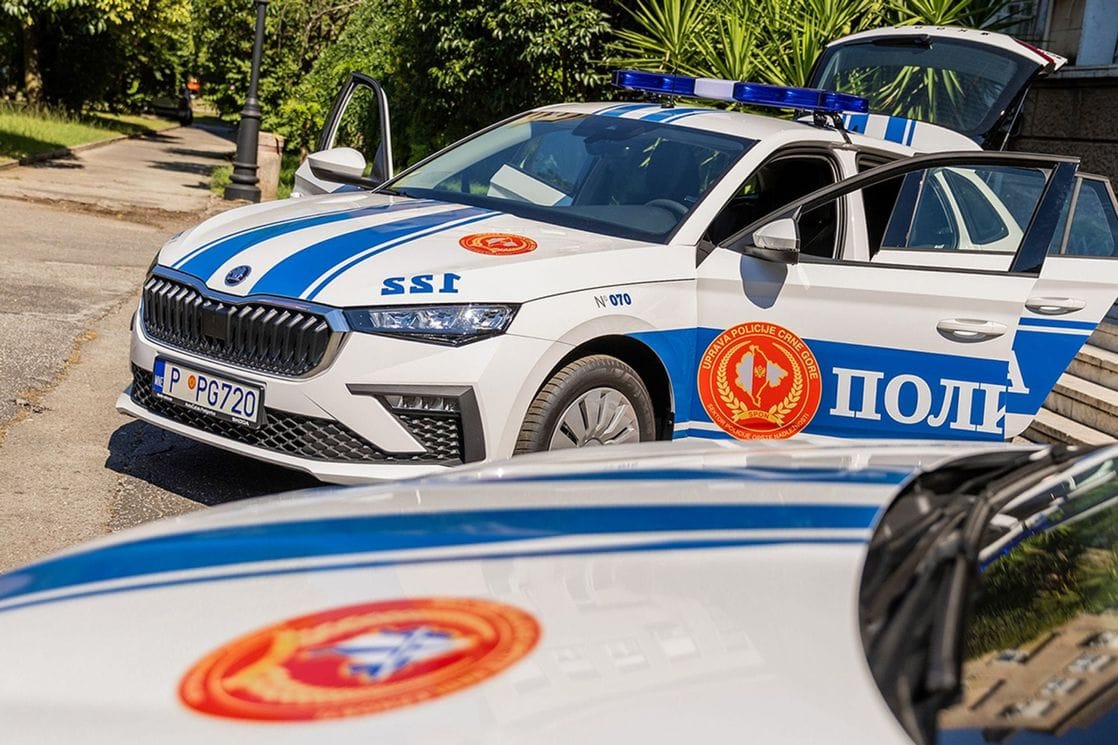POLICE DRAMA IN MONTENEGRO: Chiefs in Kolasin and Zabljak Fired, Arrests in Danilovgrad, and Vetting That Feels Like a Joke! Is This the Beginning of the End for Parallel Power Centers or Just Another Public Show?
In recent days, Montenegro’s police force has been in turmoil. The chiefs of police in Kolasin and Zabljak, Zoran Braunović and Momčilo Vojinović, have been removed from their positions, unofficially confirmed by the Analitika portal. Official reasons for their dismissal have not yet been announced, but it is speculated to be part of the ongoing fight against deeply rooted criminal and political influences within the police.
Braunović recently came into the public spotlight after requesting to testify before the parliamentary inquiry committee about political assassinations, attacks on journalists and intellectuals, and the activities of the notorious “Black Troika” beat squad. Meanwhile, the chief of police in Danilovgrad, Marko Drobnjak, was arrested in a Special Police Department operation on the order of the Special Prosecutor’s Office, suspected of forming a criminal organization and abusing his official position.
But is this the real start of a cleanup or just a show? Social Democrat MP Nikola Zirojević claims that during the so-called vetting process, nearly 100 police officers were suspended, but almost none have been prosecuted. “Great vetting!” he sarcastically concludes, pointing out that nothing significant is changing.
Coordinator of the Bureau for Operational Coordination of Security Sector Bodies, Aleksa Bečić, states that the state will not allow a return to the command of parallel power centers that have hidden crime under uniforms and protected party loyalty for decades. Arrests and vetting, according to him, only confirm that these structures were deeply politically placed and illegally protected.
However, the judiciary remains the weakest link. The European Commission’s latest report states that only 26% of citizens trust the independence of courts in Montenegro. Judicial reforms lack political will, and corruption still thrives. This casts a shadow over police reforms as well, because without judicial support, the fight against crime and corruption remains on paper.
So, what is really happening in Montenegro’s police? Is this the beginning of the end for dark structures or just another public spectacle? While chiefs are being fired and arrests are piling up, citizens remain confused and skeptical. What do you think? Is vetting in Montenegro just a farce or a real chance for change? Drop a comment and let’s see who’s for and who’s against this police revolution!







